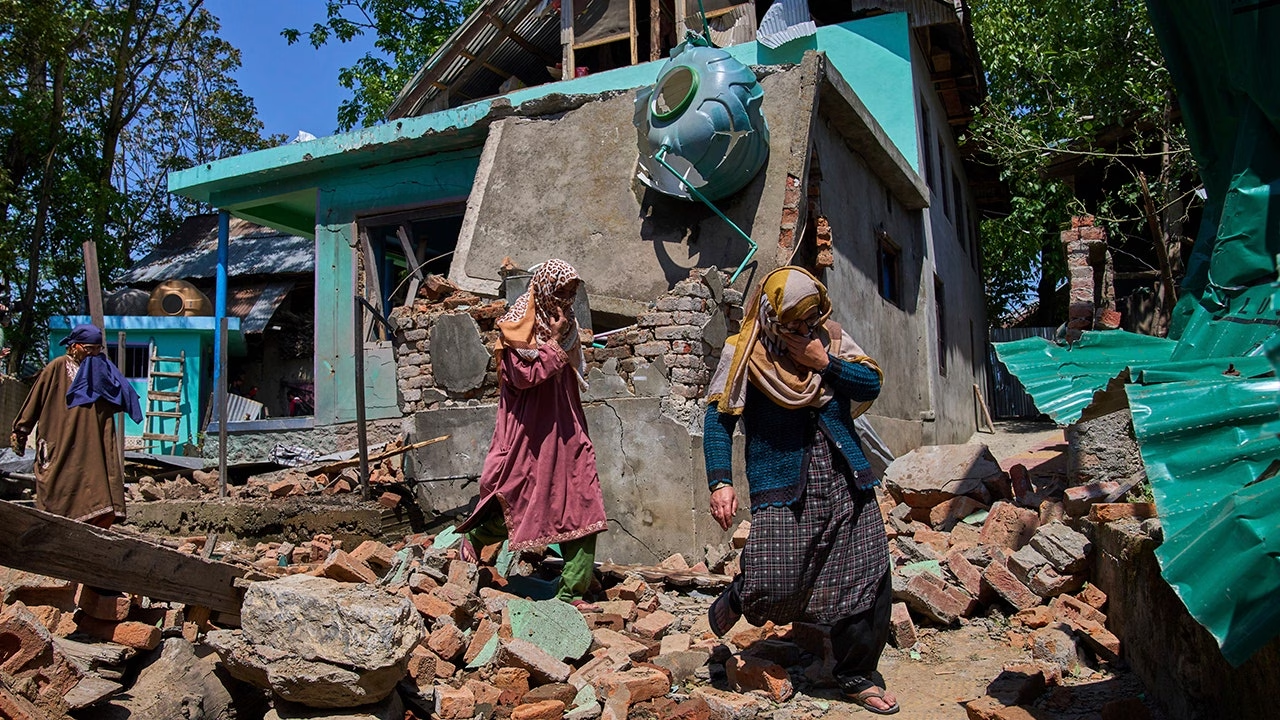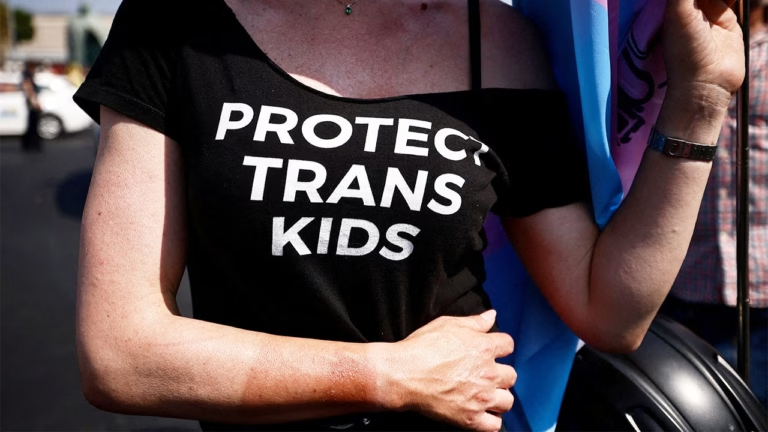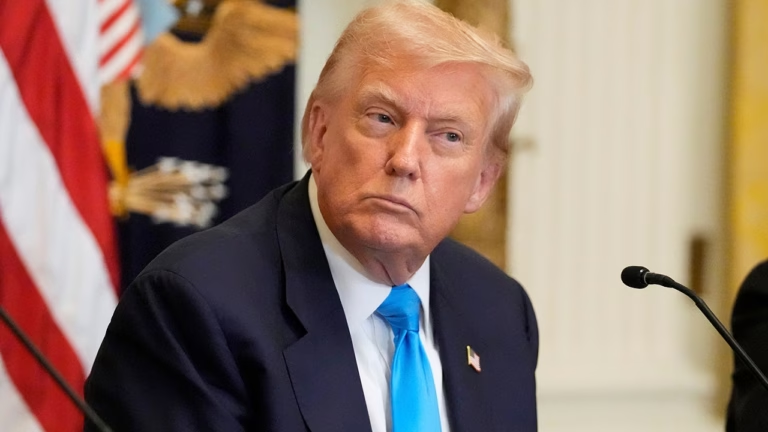India and Pakistan tensions rise as hostilities escalate over the disputed region of Kashmir, following the killing of 26 Indian tourists, which India attributes to Pakistan. Pakistan denies involvement in the attack by gunmen on a group of tourists. Both nations have since upped the ante with diplomatic and trade sanctions, provoking fears of a potential military conflict.
Here are the reasons why a flare-up between the two nuclear-armed nations matters:
- Risk of Armed Conflict: There are concerns that any escalation by either side could lead to a wider conflict, stoking fears of war between the two neighbors. The last time the two nations engaged was in 2019 after a suicide car bombing killed 40 Indian soldiers.
- Kashmir as a Nuclear Flashpoint: Both India and Pakistan possess nuclear weapons, and there is a fear that conventional warfare could escalate into a nuclear exchange. The two nations fought three wars in the past, leading to a nuclear weapons race which could have disastrous consequences.
- China’s Involvement: India and China have been geopolitical rivals, with tensions along the disputed Himalayan border. China is also a key ally to Pakistan, creating a complex geopolitical scenario where a conflict could involve additional nations.
- Water War: India’s suspension of a crucial water treaty could lead to a war over the valuable shared water resources. The Indus Water Treaty ensures the flow of rivers to Pakistan, and any attempt to stop this could provoke a severe response.
- Human Rights Concerns: Both India and international bodies have criticized India over rights violations in Kashmir, including civilian killings and arbitrary arrests. There are concerns that the global community is not doing enough to hold India accountable, adding another layer of complexity to the situation.
Source: https://www.foxnews.com/world/heres-why-flare-up-between-india-pakistan-over-kashmir-matters








